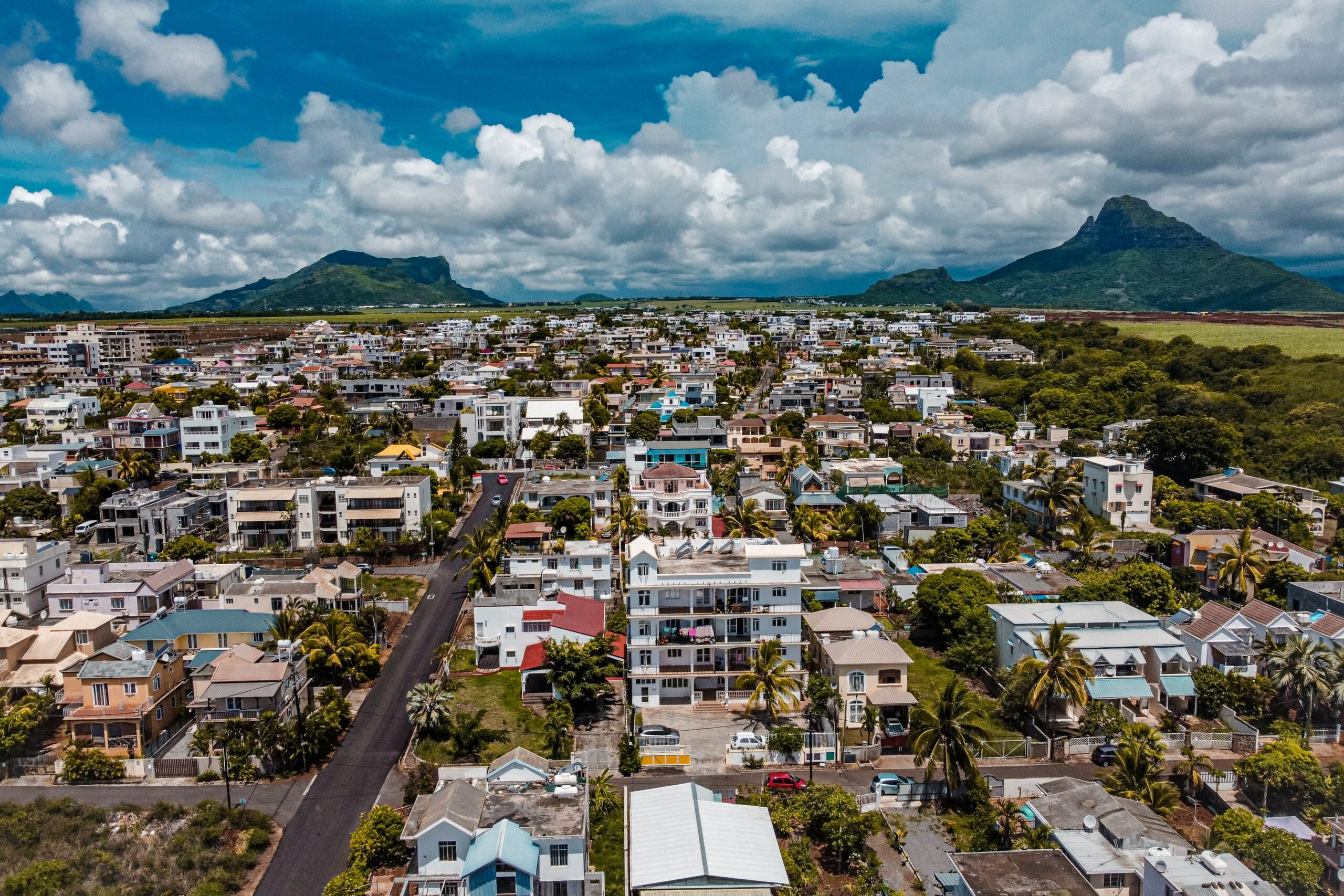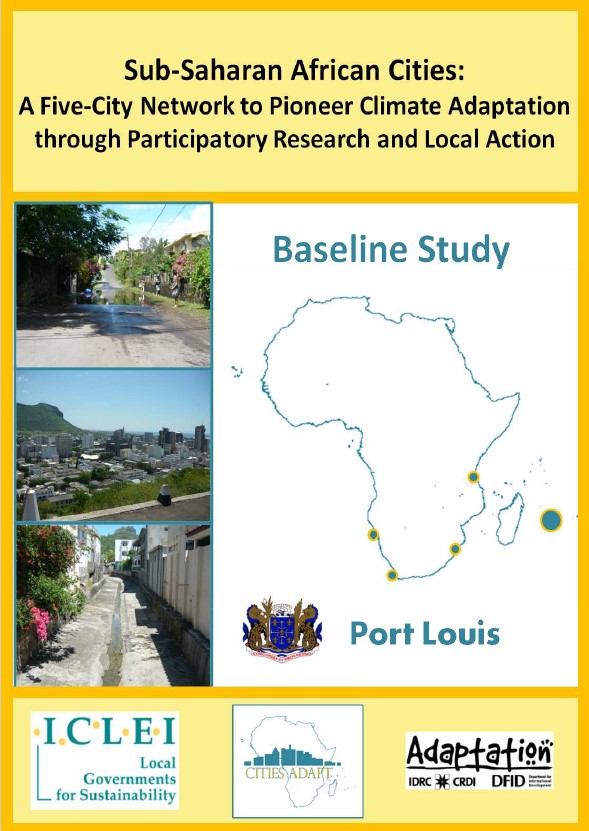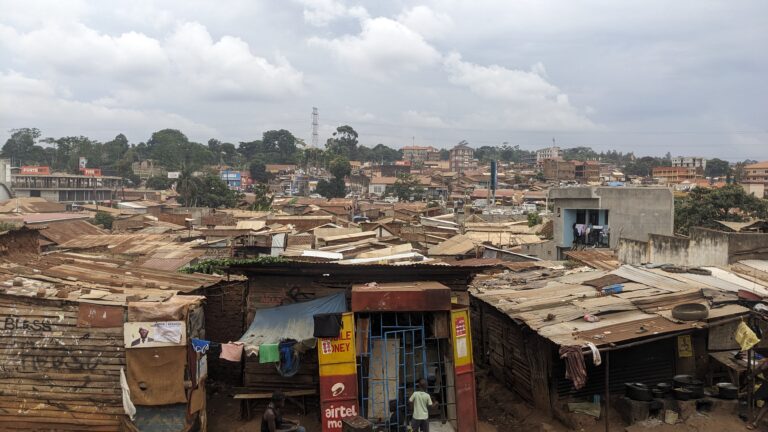



Download:
Related ICLEI Pathway(s)
About
Resource summary
This baseline study aims to identify and discuss the relevant literature pertaining to climate change in Africa with reference to past and projected climatic variability and how this is likely to impact upon local governments as service providers.
The global climate is controlled by complex interactions between marine and terrestrial systems. These interactions generate a variety of climatic variables across different regions and exert
significant controls on day-to-day developments at the global, regional and local levels. Climate change is defined by the International Panel for Climate Change (IPCC) as a statistically significant variation in either the mean state of the climate or in its variability, persisting for an extended period (IPCC 2007). Climate change may be a result of natural internal processes, external forcing or from anthropogenic changes such as increased carbon dioxide (CO2) emissions. However the United Nations Framework Convention on Climate Change (UNFCCC) makes a clear division between anthropogenic causes that alter the composition of the atmosphere and the natural causes attributing to climate variability. Climate change, as defined by the UNFCCC, is any ‘change of climate that is attributed directly or indirectly to human activity that alters the composition of the global atmosphere and is in addition to natural climate variability over comparable time periods’ (IPCC 2001) and the IPCC (2007a) concurs that anthropogenic forcing is a major driver.
Climate change is expected to have severe physical, social, environmental and economic impacts on cities worldwide, both directly and indirectly. These are anticipated to be felt with greater intensity in the developing world, particularly Africa. Although there are some uncertainties surrounding the understanding of earth’s complex systems, there is strong evidence in current literature and climatic measurements to demonstrate that, as a result of increasing greenhouse gas emissions, atmospheric and sea surface temperatures (SSTs) are rising.
Related resources

Understanding household access to cooking energy in informal Kampala

RISE Africa report 2025



